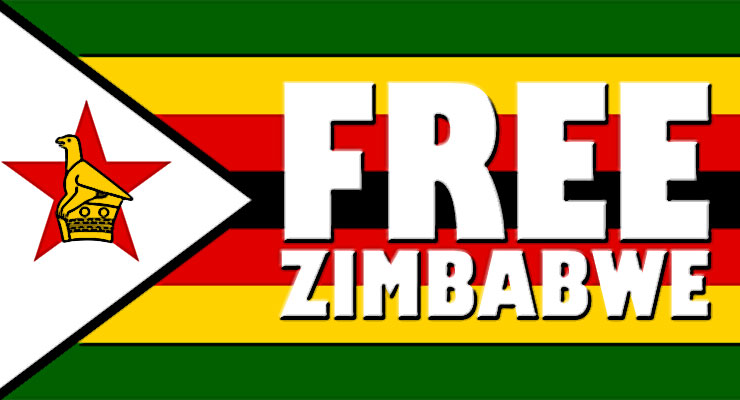 The use of legal changes for power grab is a common political practice of African leaders. Zimbabwe’s President, Emmerson Mnangagwa came to power in 2017 following a coup d’état. Although many hoped President Mnangagwa would be less authoritarian as compared to his predecessor, Robert Gabriel Mugabe, he has since consolidated power through different means, including a recent use of legal changes to grab more power. Kitsepile Nyathi has the latest on this development in The Citizen. Here is an excerpt:
The use of legal changes for power grab is a common political practice of African leaders. Zimbabwe’s President, Emmerson Mnangagwa came to power in 2017 following a coup d’état. Although many hoped President Mnangagwa would be less authoritarian as compared to his predecessor, Robert Gabriel Mugabe, he has since consolidated power through different means, including a recent use of legal changes to grab more power. Kitsepile Nyathi has the latest on this development in The Citizen. Here is an excerpt:
Zimbabwe’s Senate has passed controversial amendments to the country’s constitution, which critics say will further entrench President Emmerson Mnangagwa’s rule and roll back democratic gains.
The amendments that give the president powers to appoint the chief justice, deputy chief justice and the judge president will mark the first time the country’s new constitution that was passed in 2013 is being altered.
It took President Mnangagwa’s ruling Zanu PF, which enjoys a super parliamentary majority, over three years to push through the contentious amendments after a spirited campaign by the opposition and civil society to block them.
Read the full article here. Also, visit the main Democracy Chronicles section on World Democracy or our articles on Worldwide Corruption.
Leave a Reply